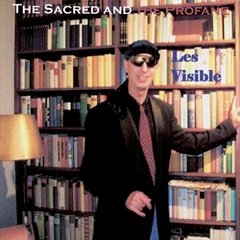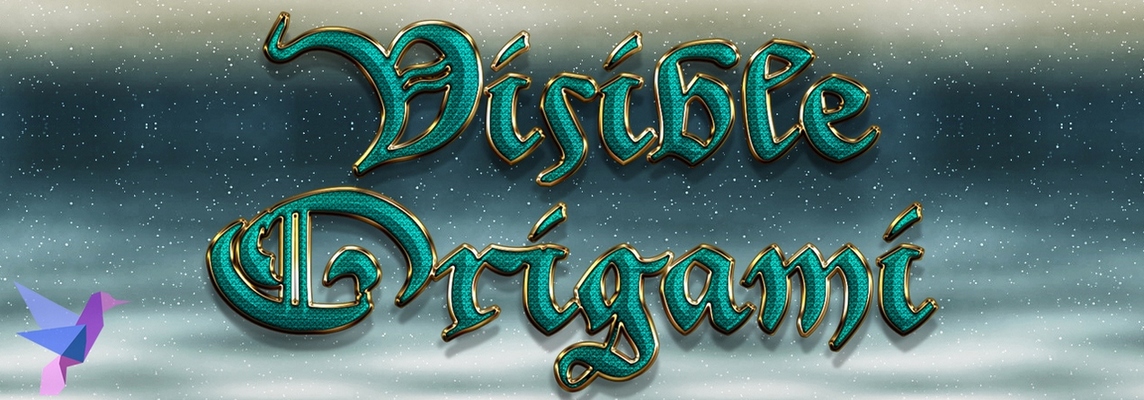Religion as we know it in these times is often a hollow vessel. It is meant to contain something, or to be an entrance to something but it is mostly a mechanism for social control or political and economic force. I do not dispute that people find some comfort in it and it gives them a neighborhood of kindred spirits but I don’t see it fulfilling it’s primary obligation of uniting God and humanity into a living breathing state of being that runs through the day and night as a template for life.
It represents something that should be the centerpiece of existence. It is the ceremony of celebrating that which animates, protects and informs us. It is actually based on something real; something more real that we ourselves are, if we think of ourselves as separate items moving about in a world of differences.
I have come to see that what religion represents is something that should be intricately woven through every moment of our lives. Everything that we do has a ceremony of celebration about it. What we think, what we feel, what we say and what we do. “Every event in our life, no matter how seemingly insignificant is a particular dealing of God with our soul.” Every moment the divine is present and witnessing our life; right there, right there in the moment of your awareness of it. We are God’s movie projected on the screen of his dream. If we can be persistent enough and determined enough we can wake God up inside the dream so that he lives through us in a united consciousness. This is the intention of things like, ‘pray without ceasing’ and ‘be still and know that I am God’.
It is also not a matter of learning but of remembering, which is why reminding ourselves is a powerful act. Ceremony helps us remember. Religion is composed of ceremonies celebrating certain life conditions; birth and death, saying grace before we eat, morning and evening prayers, festivals and celebrations such as Christmas and Easter, Diwali, Ramadan and so forth. These need not be the totality of our involvement. Every moment has the potential for a ceremony of celebration, every breath... we have heard of masters and what do you think they do?
It has been said that if we want God in our life we should go about our lives as if we were God, act as God does, behave according to the examples of those who are known to have been vehicles for God. Buddha is a good example. Jesus Christ is a good example. Christ said, “Whatever you do, even to the least of you, you do to me.” If you ponder that it sort of says the same thing a different way.
The whole point of the whole thing hinges on something that people have great difficulty in grasping and that is, it is happening right now. It isn’t happening later. It didn’t already happen. It is happening now and it is always happening.
When I eat on my own, I hold my plate forward and bless it. I say, “Lord, please consecrate this food to my body for the fulfillment of the great work.” When I am eating with other people, I surreptitiously close my eyes for a moment and give thanks. I don’t say anything nor do I inveigle others to join. With some people it is natural to take a moment to do this and it happens of its own accord. With strangers and those no so inclined, I keep it to myself. At the same time, I don’t eschew the opportunity because someone might notice. I have the right to bless my food. I just don’t make a point of calling attention to it. That sort of thing is more the province of religion. Religion likes to graft ceremonial operations on to human events, displacing what came before as if it were always the property of that religion to set the stage.
No religion is preeminent. Christ said, “In my father’s house are many mansions, if it were not true I would not have told you so.” Right there, Christ is saying, “different strokes for different folks.” He is saying that the weave of the tapestry; the architecture of the church, the artifacts and icons may be different but they are all the contents of a room in the larger house of God. The great Indian saint, Ramakrishna entered into every one of the seven major religions and experienced enlightenment in each one. He said that they are all the same. A person could learn a lot by reading the biography of Ramakrishna by his disciple ‘M’.
Some religions are more scientific; maybe ‘metaphysical’ is a better word. Some are more literal. Then when you think about it, it is only the manifest aspects that are literal and all of them have that. All of them have the metaphysical as well. As I have said on other occasions, “religion is lined paper”. When we learn to write as children we are taught on lined paper. After awhile we do not require lined paper anymore, even if religion insists that we do. Also, some people are just more comfortable with lined paper. It scares them what may be present beyond the lines.
What religion attempts to provide, the individual life can possess and practice in every moment as a natural way of doing things. Isn’t it mostly about expressing gratitude? It is also about seeking answers. Did the answers stop coming once the text got written? That doesn’t seem to make sense, does it? Where did the answers come from to begin with? They didn’t come from outside. They came from inside. Someone became self-realized. Someone became a Christ or a Buddha and then stated from that place illuminations upon the moment they were in.
Jesus was the prototype for the Christ consciousness. The Christ consciousness is singular but the Jesus aspect is not. More have come since. Buddhism is easier on this matter. There are many Buddhas of varying states who all are a part of Buddha-mind. Krishna has appeared as many different aspects. He came as Rama. He came as a turtle. He will come as Kalki, yet Krishna is an expression of Vishnu. Still, you hear that Krishna is the totality. You also hear that Jesus is the totality and all of this is true. Think about the similarities between the words, “Krishna” and “Christ”.
It is said that Jesus spent some time in India. Religion doesn’t tell us this but other texts do. It’s part of the missing years of Jesus.
Shambhala is an idealized concept. It is also a real place. You can get there but boy, that is some journey and it might not occur in a single life. Still, you can get there. You can go to The Western Pure Land of the Amitabha Buddha by keeping that intention on your lips and in your mind through your life. When you leave your physical life you can be reborn there and continue to be reborn there as you learn; not having to come back here. This is a lot like Christianity. The Amitabha said that he would not accept enlightenment until every other sentient being had gone before him. This is also much in line with the life and teachings of the Christ.
Perform your life as a ceremony of one in celebration of the guaranteed fulfillment of the promise of each and all of life’s magnificent avatars and teachers. If others join you that can be wonderful but you must do it regardless; Cave Dei Videt- beware, God is watching. Or you might say, “Be aware”. Isn’t that what ‘beware’ means? It has a different impact though, doesn’t it?
You are the child of a gracious and loving God. Go read the 23rd Psalm and think about the meaning of the words. Act as if you were living right inside that Psalm or whatever you may find to guide you in any of God’s mansions.
'Mountian of Release' is track no. 9 of 13 on Visible's 2007 album 'The Sacred and The Profane'























 ♫ It Must Be Love ♫
♫ It Must Be Love ♫





